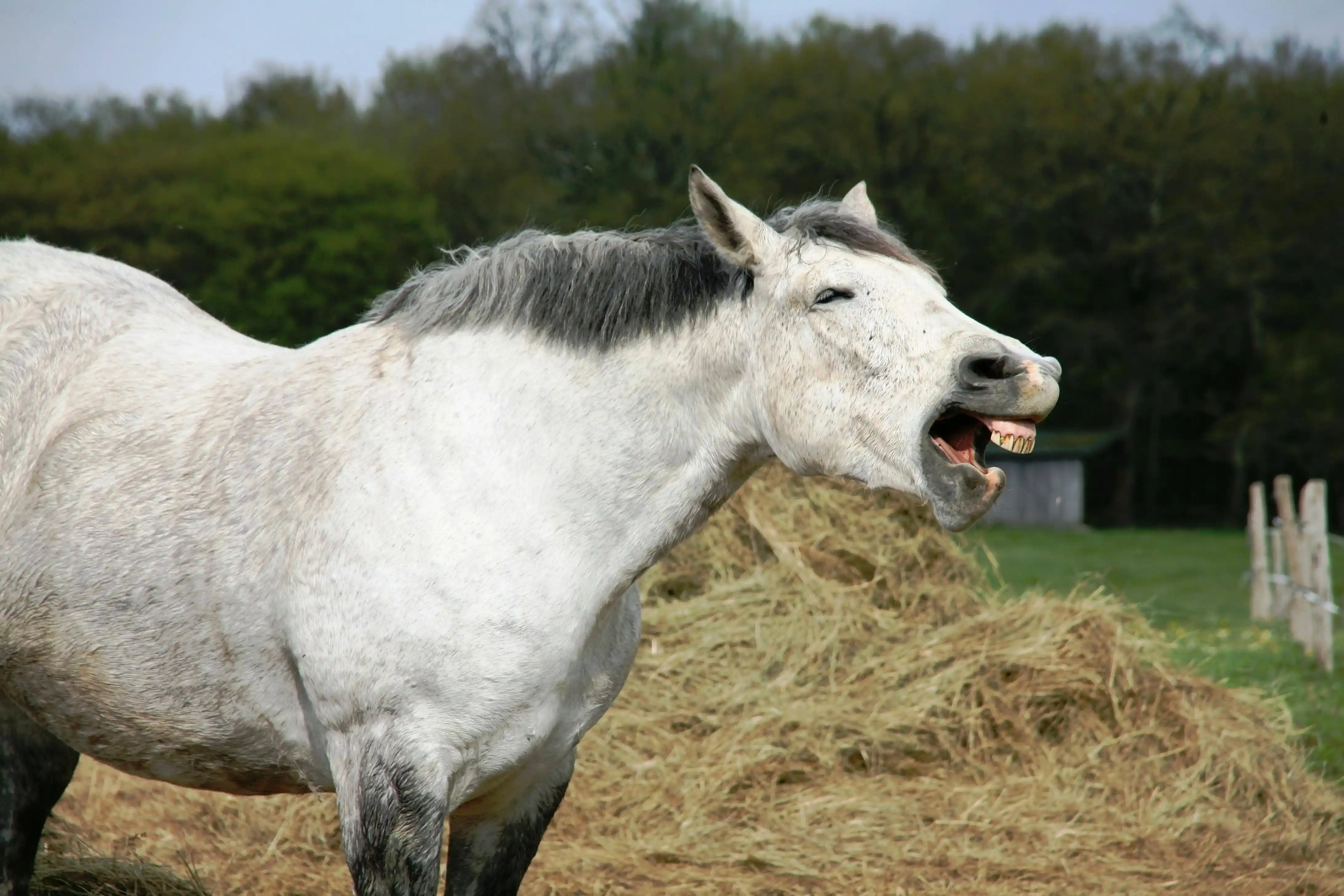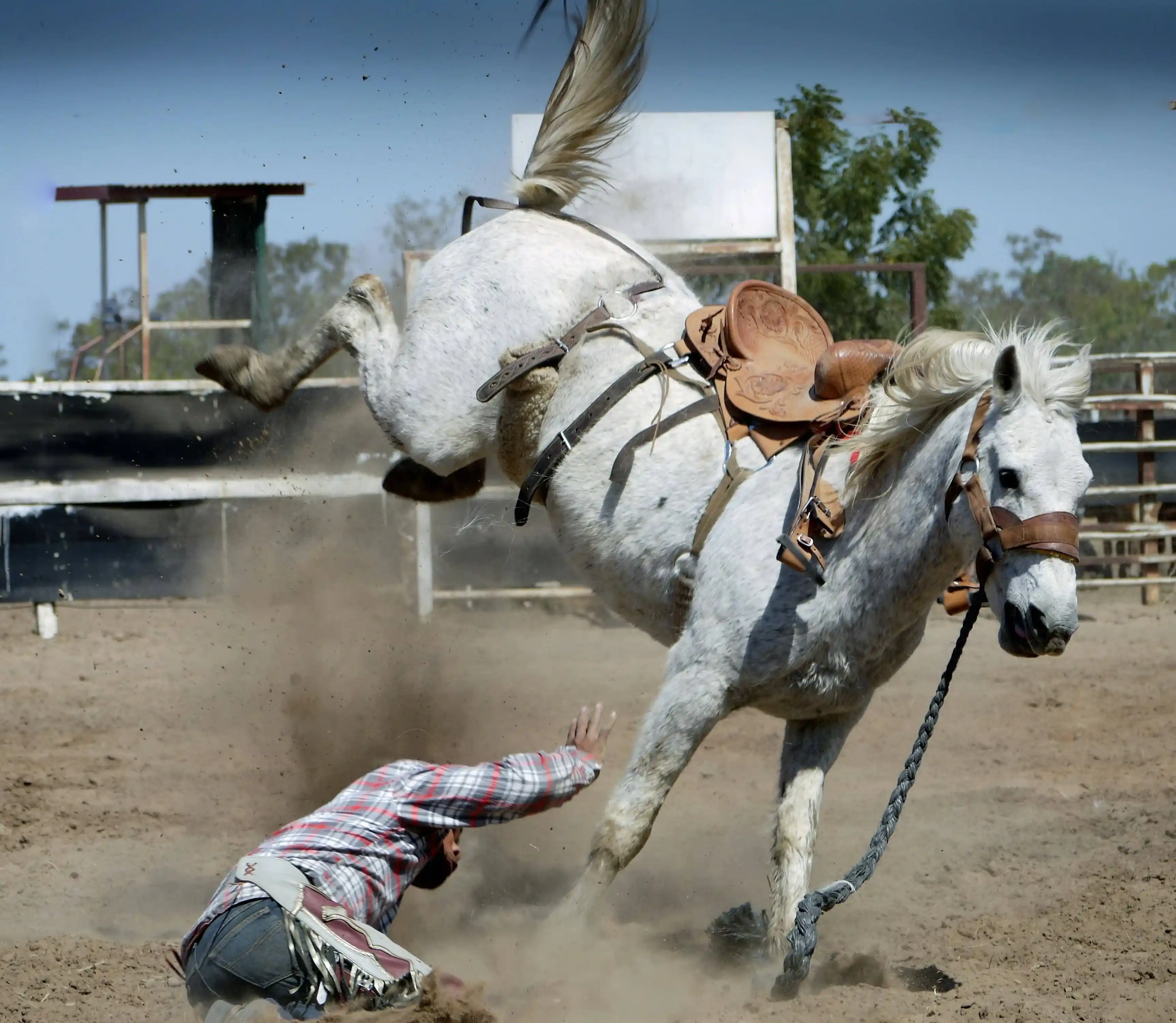Find Recommended Joint Supplements to Support Your Horse's Joint Health and Performance
Introduction
The health and performance of your horse depend on many factors, but one of the most critical is joint health. Whether your horse is a competitive athlete, a weekend trail companion, or a beloved retiree, maintaining healthy joints is essential for comfort, mobility, and longevity. Joint issues are among the most common causes of lameness and reduced performance in horses, and they can affect horses of all ages and disciplines. Fortunately, advances in equine nutrition and veterinary science have led to the development of a wide range of joint supplements designed to support, protect, and even repair joint tissues. In this comprehensive guide, we will explore everything you need to know about equine joint health, the science behind joint supplements, how to choose the right product for your horse, and a detailed review of some of the most recommended joint supplements available today.
Understanding Equine Joint Health
A horse’s joints are complex structures composed of bones, cartilage, synovial fluid, ligaments, and tendons. These components work together to provide smooth, pain-free movement. Over time, or due to injury, the cartilage that cushions the ends of bones can wear down, leading to inflammation, pain, and reduced mobility—a condition known as osteoarthritis or degenerative joint disease (DJD). Other joint issues include synovitis (inflammation of the joint lining), capsulitis (inflammation of the joint capsule), and traumatic injuries.
Factors that contribute to joint problems in horses include:
- Intense training and competition
- Conformation faults
- Obesity or excessive weight
- Trauma or injury
- Aging and natural wear and tear
- Genetic predisposition
Early signs of joint issues may include stiffness, reluctance to move, swelling, heat, or lameness. Proactive management—including proper nutrition, regular exercise, and the use of joint supplements—can help maintain joint health and delay the onset of degenerative changes.
The Science Behind Joint Supplements
Joint supplements are formulated to provide nutrients that support the structure and function of joints. The most common ingredients found in equine joint supplements include:
- Glucosamine: A natural compound found in cartilage, glucosamine is believed to stimulate the production of glycosaminoglycans, which help maintain cartilage structure and repair.
- Chondroitin Sulfate: Another key component of cartilage, chondroitin helps retain water in the cartilage and inhibits enzymes that break down cartilage.
- Methylsulfonylmethane (MSM): MSM is a source of sulfur, which is important for the formation of connective tissue. It also has anti-inflammatory properties.
- Hyaluronic Acid (HA): HA is a major component of synovial fluid, which lubricates joints and absorbs shock.
- Avocado/Soybean Unsaponifiables (ASU): ASU is thought to slow cartilage breakdown and support cartilage repair.
- Omega-3 Fatty Acids: These have anti-inflammatory effects and may help reduce joint inflammation.
- Herbal Ingredients: Some supplements include herbs like devil’s claw, yucca, or turmeric for their anti-inflammatory properties.
Scientific studies on the efficacy of joint supplements in horses have produced mixed results, but many horse owners and veterinarians report positive outcomes, especially when supplements are used as part of a comprehensive joint care program.
When Should You Consider a Joint Supplement?
Not every horse needs a joint supplement, but there are certain situations where supplementation is especially beneficial:
- Performance horses in regular training or competition
- Older horses showing signs of stiffness or arthritis
- Horses recovering from joint injury or surgery
- Horses with a history of joint problems or poor conformation
- Young horses in intensive training to support developing joints
Always consult your veterinarian before starting any new supplement, especially if your horse is on medication or has a pre-existing health condition.
How to Choose the Right Joint Supplement for Your Horse
With hundreds of products on the market, choosing the right joint supplement can be overwhelming. Here are some key factors to consider:
- Ingredients: Look for products with proven ingredients like glucosamine, chondroitin, MSM, and hyaluronic acid. The combination and dosage of these ingredients can vary widely.
- Bioavailability: The form of the ingredient (e.g., glucosamine sulfate vs. glucosamine hydrochloride) can affect how well it is absorbed and utilized by the horse’s body.
- Quality and Purity: Choose supplements from reputable manufacturers that follow good manufacturing practices and provide third-party testing for quality and purity.
- Palatability: Horses can be picky eaters. A supplement that your horse refuses to eat is of no benefit.
- Cost: More expensive does not always mean better, but very cheap products may contain low-quality or ineffective ingredients.
- Veterinary Recommendation: Your veterinarian can help you select a product that is appropriate for your horse’s specific needs.
Top Recommended Joint Supplements for Horses
The following are some of the most highly recommended joint supplements for horses, based on ingredient quality, scientific research, and user reviews. All links provided are to reputable external sources for further information and purchase.
1. Cosequin ASU
Cosequin ASU is one of the most widely used and researched joint supplements for horses. It combines glucosamine, chondroitin sulfate, MSM, and avocado/soybean unsaponifiables (ASU) for a comprehensive approach to joint health. Cosequin ASU is often recommended by veterinarians for both prevention and management of joint issues.
2. Adequan i.m.
Adequan i.m. is an injectable polysulfated glycosaminoglycan (PSGAG) that is FDA-approved for the treatment of non-infectious degenerative joint disease in horses. While not a feed supplement, Adequan is often used in conjunction with oral supplements for horses with significant joint issues. It requires a veterinary prescription.
3. Platinum Performance CJ
Platinum Performance CJ is a comprehensive supplement that includes glucosamine, MSM, hyaluronic acid, omega-3 fatty acids, and antioxidants. It is designed to support joint, tendon, and ligament health, as well as overall wellness.
4. SmartPak SmartFlex Ultra
SmartFlex Ultra from SmartPak contains glucosamine, chondroitin, MSM, hyaluronic acid, resveratrol, and turmeric. It is formulated for horses in heavy work or those with existing joint issues.
5. Flexadin Advanced with UC-II
Flexadin Advanced features undenatured type II collagen (UC-II), which is thought to help modulate the immune response and reduce joint inflammation. It is often used for horses with chronic joint problems.
6. Equithrive Joint
Equithrive Joint contains resveratrol, a powerful antioxidant, along with hyaluronic acid. It is designed to reduce inflammation and support joint function, especially in performance horses.
7. LubriSyn HA
LubriSyn HA is a liquid hyaluronic acid supplement that is highly bioavailable. It is often used for horses with joint stiffness or those in heavy work.
8. Acti-Flex 4000
Acti-Flex 4000 is a popular and affordable joint supplement containing glucosamine, chondroitin, MSM, and hyaluronic acid. It is suitable for horses in all disciplines.
9. Grand Meadows Grand Flex
Grand Flex offers a blend of glucosamine, chondroitin, MSM, and antioxidants. It is designed for both prevention and management of joint issues.
10. Kentucky Equine Research (KER) Glucos-A-Flex
Glucos-A-Flex is formulated with glucosamine, chondroitin, MSM, and vitamin C. It is suitable for horses of all ages and activity levels.
How to Use Joint Supplements Effectively
For best results, joint supplements should be used as part of a comprehensive joint care program that includes:
- Regular exercise and turnout to maintain joint mobility
- Proper hoof care and balanced trimming/shoeing
- Maintaining a healthy body weight
- Providing a balanced diet with adequate vitamins and minerals
- Routine veterinary check-ups and lameness evaluations
- Prompt treatment of injuries or signs of lameness
Most joint supplements are given daily, either top-dressed on feed or mixed with grain. Follow the manufacturer’s instructions for dosage, and be patient—improvements may take several weeks to become noticeable. Some horses may require a loading dose (a higher initial dose) followed by a maintenance dose.
What to Expect: Results and Limitations
While many horse owners report positive results with joint supplements, it is important to have realistic expectations. Supplements are most effective for mild to moderate joint issues or as a preventive measure. They are not a cure for advanced arthritis or severe joint damage. In such cases, your veterinarian may recommend additional therapies such as joint injections, physical therapy, or changes in exercise routine.
Signs that a joint supplement may be helping your horse include:
- Improved willingness to move or work
- Reduced stiffness, especially after rest
- Less swelling or heat in the joints
- Improved performance or attitude
If you do not see improvement after 60-90 days, consult your veterinarian to reassess your horse’s needs.
Frequently Asked Questions About Equine Joint Supplements
Are joint supplements safe for all horses?
Most joint supplements are safe for the majority of horses when used as directed. However, horses with certain medical conditions (such as metabolic syndrome or allergies) may require special consideration. Always consult your veterinarian before starting a new supplement.
Can I give my horse more than one joint supplement?
It is generally not recommended to give multiple joint supplements at the same time, as this can lead to excessive intake of certain ingredients and increase the risk of side effects. Choose one high-quality supplement that meets your horse’s needs.
How long does it take to see results?
Most horses show improvement within 4-8 weeks of starting a joint supplement. Some may respond sooner, while others may take longer. Consistency is key.
Are there any side effects?
Side effects are rare but may include digestive upset or allergic reactions. If your horse develops diarrhea, hives, or other unusual symptoms, discontinue the supplement and consult your veterinarian.
Do joint supplements test positive in drug tests?
Most joint supplements do not contain prohibited substances, but some herbal ingredients (such as devil’s claw) may be restricted in certain competitions. Always check the rules of your discipline and consult your veterinarian or governing body if you are unsure.
Beyond Supplements: Additional Strategies for Joint Health
While joint supplements can play a valuable role in supporting your horse’s joint health, they are most effective when combined with other management strategies:
- Regular Exercise: Movement helps maintain joint flexibility and synovial fluid production. Avoid long periods of stall confinement.
- Weight Management: Excess weight puts additional strain on joints. Keep your horse at a healthy body condition score.
- Appropriate Footing: Work your horse on safe, well-maintained surfaces to reduce the risk of injury.
- Proper Shoeing/Trimming: Balanced hooves help distribute weight evenly and reduce joint stress.
- Warm-Up and Cool-Down: Always warm up your horse before intense exercise and cool down afterward to prevent injury.
- Regular Veterinary Care: Schedule routine lameness exams and address any issues promptly.
Case Studies: Real-World Success Stories
Case 1: The Senior Dressage Horse
“Bella,” a 17-year-old Warmblood mare, began showing signs of stiffness and reluctance to collect during dressage training. After a veterinary exam ruled out acute injury, her owner started her on Cosequin ASU and increased her turnout time. Within two months, Bella’s movement improved, and she returned to competition with renewed enthusiasm.
Case 2: The Young Eventer
“Rocket,” a 6-year-old Thoroughbred gelding, was in heavy training for eventing. His trainer noticed occasional swelling in his hocks after cross-country schooling. With veterinary guidance, Rocket was started on Platinum Performance CJ and his workload was adjusted. The swelling resolved, and Rocket continued to progress in his training.
Case 3: The Retired Trail Horse
“Dusty,” a 22-year-old Quarter Horse, enjoyed light trail riding but began to show stiffness after long rides. His owner added LubriSyn HA to his daily feed. Dusty’s comfort improved, and he continued to enjoy his golden years on the trail.
What the Research Says
Scientific research on equine joint supplements is ongoing. Some studies have shown benefits for certain ingredients, while others have found limited effects. For example:
- A study published in the American Journal of Veterinary Research found that oral glucosamine and chondroitin sulfate increased glycosaminoglycan synthesis in equine cartilage explants.
- Research in the Journal of Equine Veterinary Science reported that MSM supplementation reduced inflammation markers in horses.
- A review in Frontiers in Veterinary Science concluded that while some supplements may be beneficial, more research is needed to determine optimal dosages and combinations.
While the evidence is not always conclusive, many veterinarians and horse owners find that joint supplements are a valuable tool in maintaining equine joint health, especially when used as part of a holistic management plan.
Conclusion
Joint health is a cornerstone of your horse’s well-being and performance. While no supplement can replace good management, proper nutrition, and regular veterinary care, joint supplements can play a significant role in supporting your horse’s comfort and mobility. When choosing a supplement, look for products with proven ingredients, reputable manufacturers, and positive reviews. Always consult your veterinarian before starting a new supplement, and remember that results may take time. By taking a proactive approach to joint health, you can help your horse enjoy a long, active, and pain-free life.
Further Reading and Resources
- American Association of Equine Practitioners: Joint Health and Arthritis
- The Horse: Joint Health
- Hygain: Joint Supplements for Horses
- SmartPak: Joint Supplements for Horses
- Platinum Performance: Joint Health in Horses
Disclaimer
This article is for informational purposes only and does not substitute for professional veterinary advice. Always consult your veterinarian before starting any new supplement or making changes to your horse’s care routine.






































